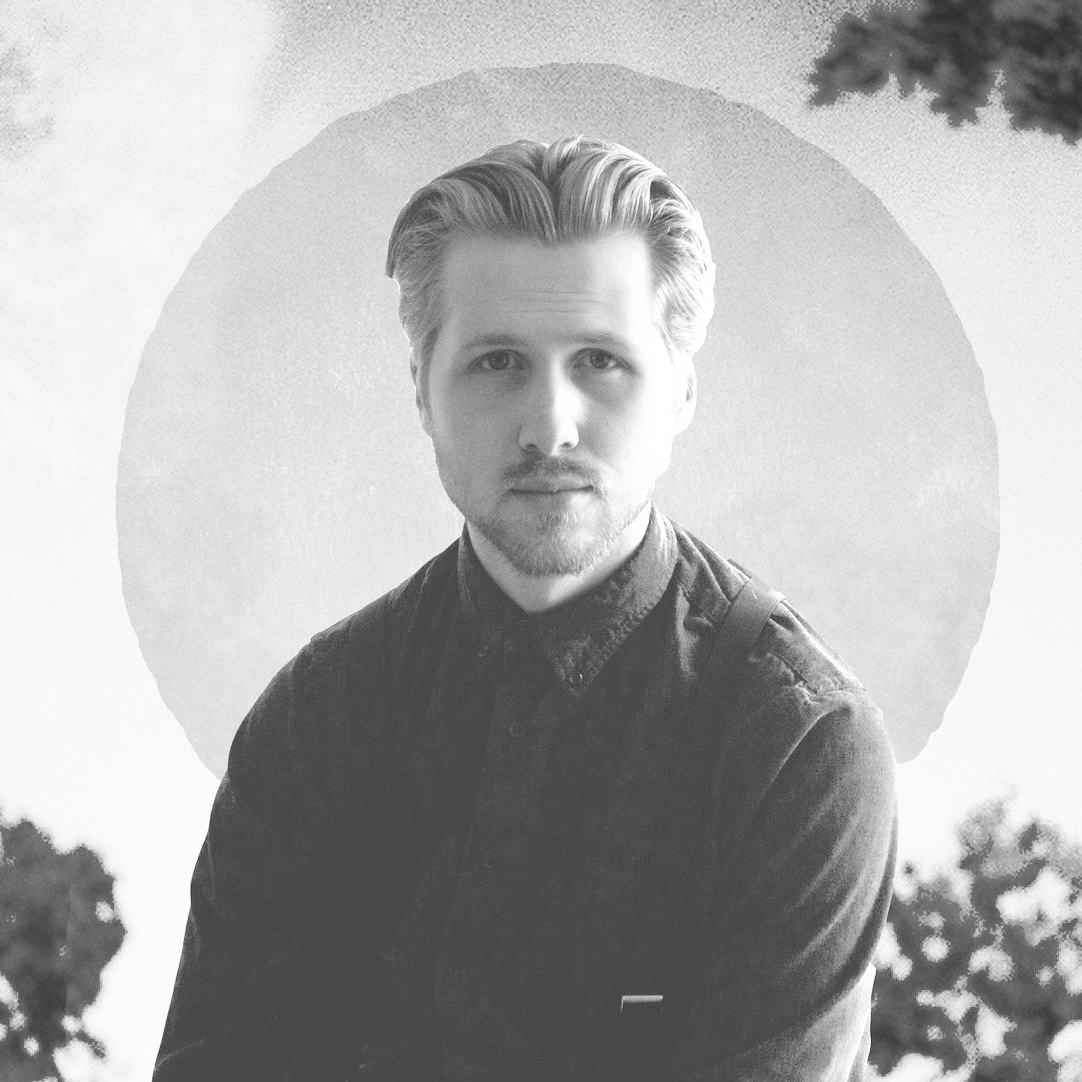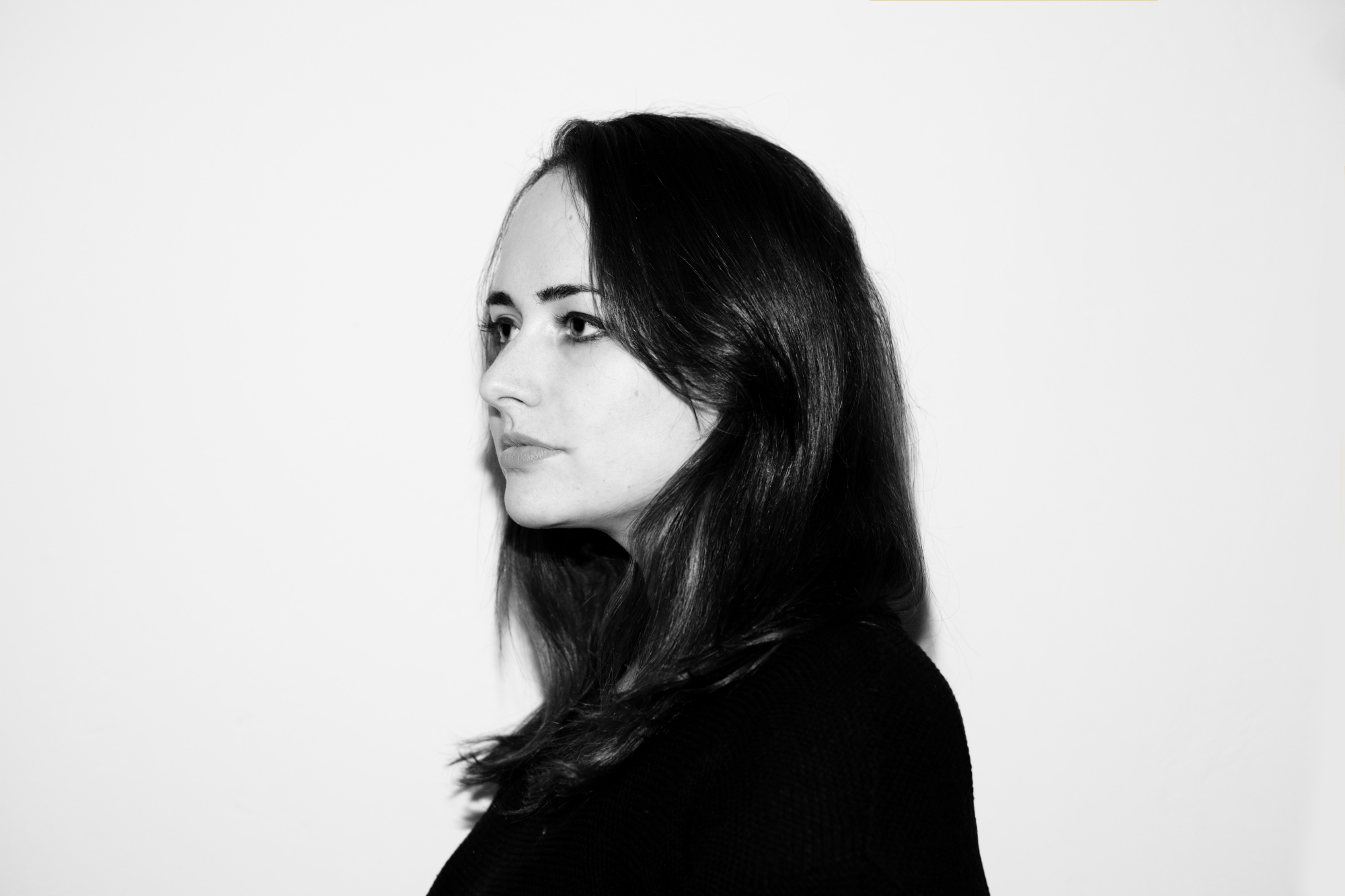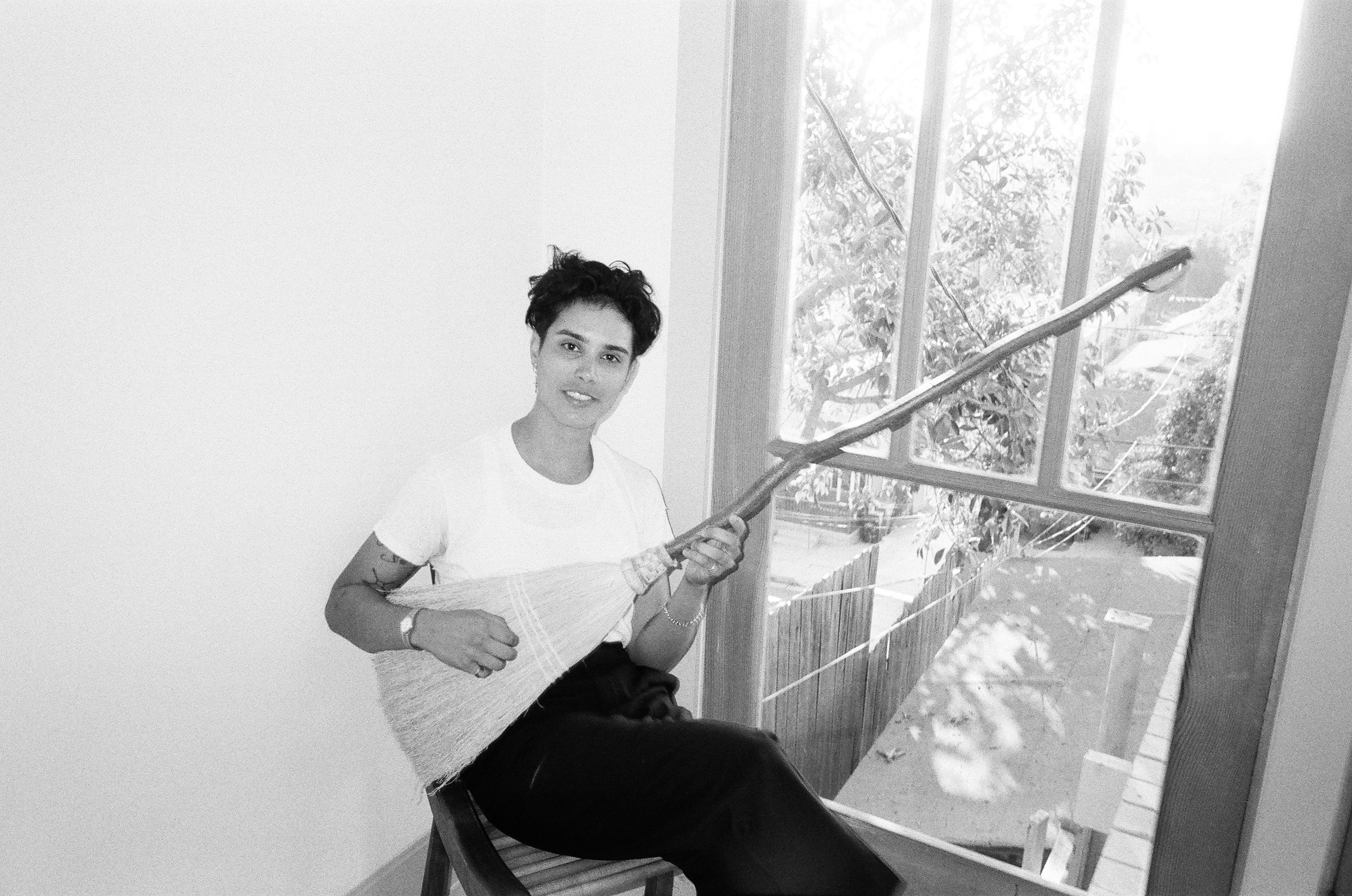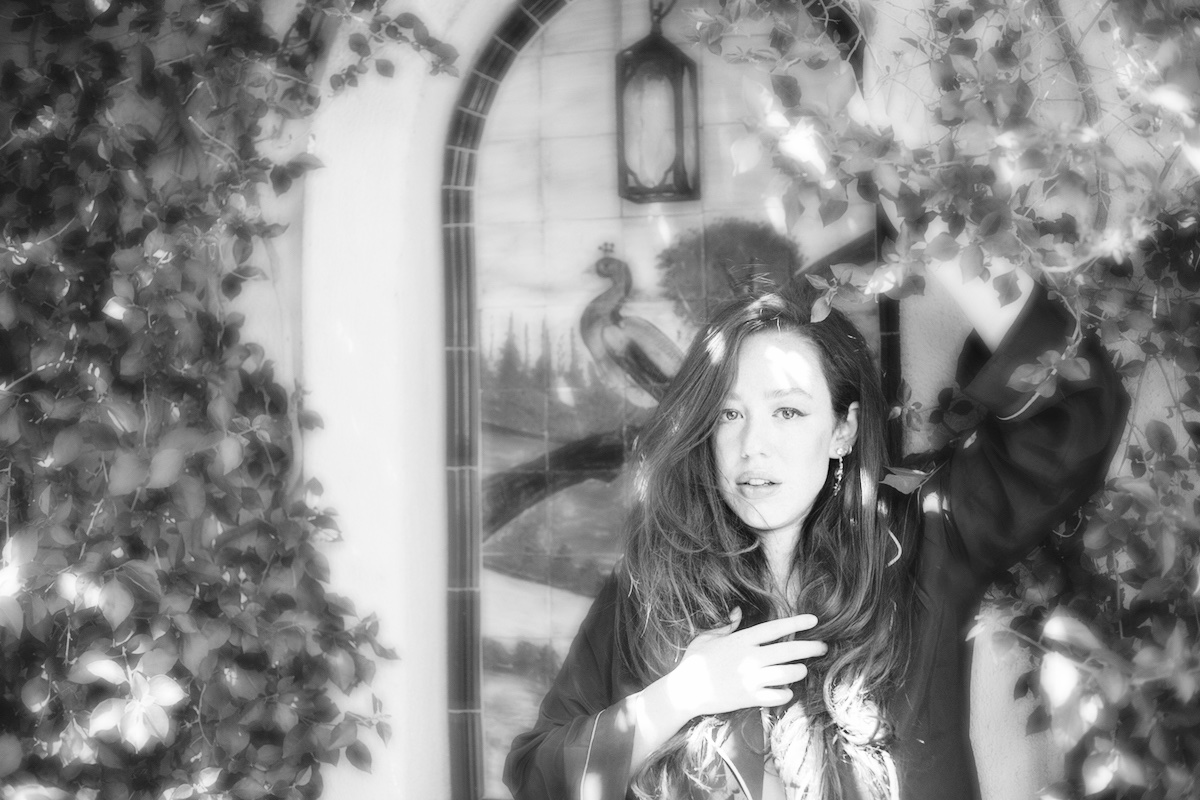CHRISTAIN BROWNE
dialogue with treehouse artists
i first met christian at the women's film festival in philadelphia in 2017, a time that feels like a vague memory from last week and several lifetimes ago, all at once. he was part of the festival staff and what stood out to me more than anything was his genuine respect for the filmmakers at the festival. all were indie filmmakers and most very fresh to the world of filmmaking. he had no reason to be kind to us other than that is just how he is. genuine and kind.
we stayed in touch over the years, mostly through social media, as one does. i was repeatedly struck by his consistent holding to staying genuine through his work as a photojournalist.
i followed his photography account on instagram, and was moved by the raw approach he takes on his subjects. it only followed to reach out for a dialogue interview with him as an artist and his work in photojournalism.
the interview started with the usual opening question. who is he, and what makes him that way? he laughed when i asked, and thoughtfully paused, reflecting on his answer.
wow. i guess i would say i'm just curious about the world. i like to learn about other cultures and people outside of my norm (which isn't very normal to begin with).
i guess it is like making myself aware of what's going on outside of myself or being able to connect with people through experiences that i've had and concepts that i've learned through listening to others, through podcasts and readings.
that fits for someone so genuinely interested in the world.
so why does he make art?
everyone has beauty inside them and sometimes, it's hard to see it in yourself. i feel like many people see themselves in a more negative light. with photography, you're able to showcase it and some of the happiest moments of a person's life.
you're also able to tell a story while being able to keep it both real and fictional if you want to. with photography you could capture candid shots of people but you can also do more artsy poses. you could do more composition and more about telling a good story per se. you're not restricted by social norms. you're allowed to go outside of whatever comfort zone or box both you and the person you're shooting with wants to. it's kinda like a blank canvas, as they say.
(photo by Christan Browne)
it totally makes sense and i love that. it also perfectly ties into my next question. what does he see art's role in society to be?
i feel like it's to tell the story - for good or bad. i remember i went to a black lives matter protest. they were protesting over the death of george floyd and you not only had white people but black, trans, gay, straight - like every single "norm" out there, for a man who was tragically murdered at the hands of people who had no right to place harm on him. so to capture that - that's one side of photography.
then another side is me going around during normal hours (at like 2 am) to photograph some random people having the time of their life.
with art, you're allowed to tell the fun and joyous times of someone’s life as well as the hard, brutal truth that you can't run away or escape from. a photo speaks a thousand words. you can read a lot just seeing the emotion and the reaction of someone for what they are doing and who they are as individuals.
there's no argument of "this person said it this way" or "they said it that way." you capture what's happening in that instant, in that moment.
if that makes any sense.
(photo by Christan Browne)
it does make sense and i think it's interesting because he has a certain lens as a photojournalist, but sees both sides.
with that, if a younger version of him, could see him now, what advice would the younger version of you give you now?
he thinks about this for a moment.
stop second-guessing yourself?
if i knew when i was younger where i’d be now, the one thing i’ve noticed that holds me back is always second-guessing every little thing i do in life. “is this the right move? or is that the right move?”. if he could see me now, my younger self would just say “ok, you have the pieces put together but you still second-guess yourself even when you’re on a roll in life. even when you’re on a high, you’re still waiting for that fall.” so, i have to stop holding myself back, enjoy the moment and enjoy living my life!
i always wonder what the one question is that someone would hope i would ask in an interview, and what the answer to that question would be, so i ask him.
this gives some pause for reflection. he's quiet for longer than he's been this whole interview.
that's interesting. um...
he goes back to his thoughtful silence. the question he hoped i would ask?
he reflects some more.
i guess, "why do you do what you do?" and i guess the answer for me is, "because i love it."
the answers start to come quickly. the sincerity is evident in his voice.
i love going out to different places and just taking photos. i love meeting new people. i love being up on something just to get an overhead shot. i like the fact that - i said this earlier, but i like that you're able to tell a story. i love so much about film but with film, you need a whole team. it can be tricky because your voice can get overshadowed by the production.
in photography, it's you and the model. even if there are makeup people, even if there's lighting, you collaborate one-on-one or you collaborate with a group.
the benefit of doing photography is you have more control. you have more freedom to express who you are as an individual. for me, being an only child, I’m trying to find those people in the world - i think photography doesn’t let me fly under the radar but rather, allows me to be who i am, without trying to explain it to anyone.
it gives me the freedom to express myself to the fullest.
i can hear the conviction in his voice.
I hope to inspire the next generation so I'm not the only black guy taking photos at a rock concert.
with that, what is the imprint he hopes to leave on the world?
ahhhh! honestly, i hope that i - i know there aren’t many black photographers in the field. you have some but in college, while doing a project, it took me a while just to find one. it was the person who took the photo of martin luther king jr. and it shouldn't be that hard to find famous, well-known photographers in the industry. so, if through photography and through different endeavors, i hope to inspire the next generation so i'm not the only black guy taking photos at a rock concert. there are other photographers who are as different and unique as I am who want to go out there and express themselves and not feel like, "i'm the only one being represented in this field.” clearly, there are some great african-american photographers, but they're not as well-known as their white counterparts, and that to me is a real damn shame.






















































